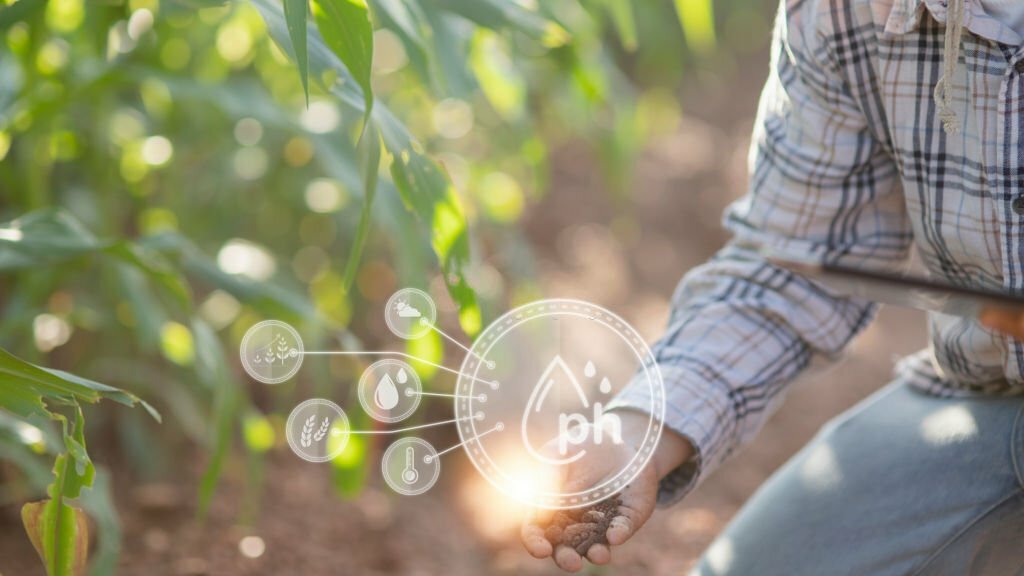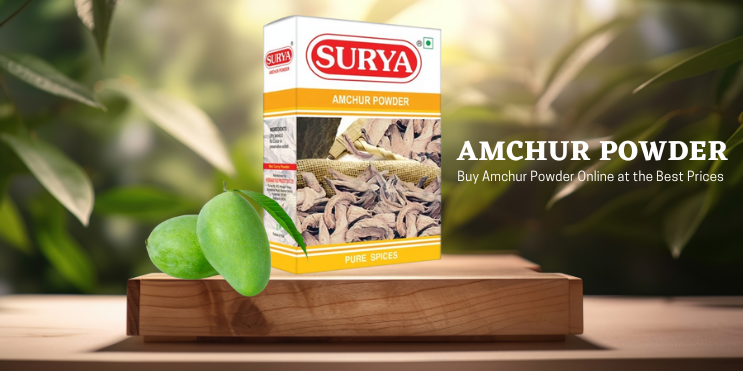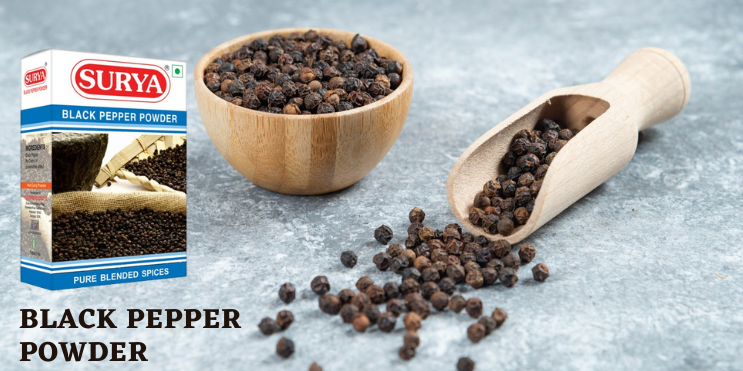Introduction
DAP fertilizer, or diammonium phosphate, is a key player in modern agriculture, contributing significantly to global food production. This versatile compound is widely used as a source of essential nutrients for plants, primarily nitrogen and phosphorus. In addition to its role in agriculture, DAP has found applications in various industries, making it a remarkable and essential product. In this article, we will explore the 10 amazing uses of DAP fertilizer, shedding light on its significance and impact in agriculture, horticulture, and beyond.
-
Nutrient-Rich Soil Enhancer
DAP fertilizer is rich in both nitrogen and phosphorus, two crucial nutrients essential for plant growth. Nitrogen promotes leafy green growth and overall plant development, while phosphorus aids in root development and flowering. By adding DAP to the soil, farmers can enrich it with these vital nutrients, ensuring that crops have access to what they need for robust growth. This use of DAP helps improve soil fertility, making it a fundamental tool for modern agriculture.
-
Increased Crop Yields
DAP’s nutrient content directly contributes to increased crop yields. As plants receive the necessary nutrients in ample supply, they can grow more vigorously and produce larger, healthier harvests. This improved yield is crucial for food security and addressing the global challenge of feeding a growing population.
-
Balanced Nutrient Ratios
DAP fertilizer provides an ideal balance of nitrogen and phosphorus, typically in a 1:1 ratio. This balanced nutrient profile ensures that both above-ground and below-ground plant structures receive the appropriate nourishment. A well-balanced nutrient ratio is essential for achieving optimal crop growth and maximizing the use of fertilizers.
-
Storage and Handling Convenience
DAP is a solid, granular fertilizer, which makes it easier to store and handle compared to liquid fertilizers. This convenience is beneficial for both large-scale agricultural operations and small-scale farmers who may have limited resources and infrastructure. The granular form of DAP allows for precise application and reduces the risk of spills or leakage associated with liquid fertilizers.
-
Reduced Runoff
One of the critical challenges in modern agriculture is the runoff of fertilizers into water bodies, which can lead to water pollution and ecological damage. DAP’s granular nature, when applied correctly, minimizes the risk of runoff. This environmental benefit is significant as it helps protect water quality and aquatic ecosystems.
-
Customizable Application
DAP fertilizer can be customized for specific crops and soils by blending it with other fertilizers or soil amendments. This flexibility allows farmers to tailor their fertilization strategies to the unique requirements of their fields and crops, enhancing the effectiveness of nutrient delivery.
-
Boosts Horticultural Growth
DAP isn’t limited to field crops; it’s also a valuable resource in horticulture. Gardeners and landscapers can use DAP to nourish their ornamental plants, trees, and shrubs. The balanced nutrients in DAP are equally beneficial for maintaining the health and beauty of gardens and green spaces.
-
Industrial and Non-Agricultural Uses
Beyond agriculture and horticulture, DAP fertilizer finds applications in various industrial processes. It is used as a fire retardant, a food additive, and even in the production of yeast for baking and brewing. The versatility of DAP extends far beyond the agricultural sector, making it an indispensable compound in various industries.
-
Sustainable Agriculture
Sustainability is a growing concern in modern agriculture. DAP fertilizer, when used responsibly, can contribute to sustainable farming practices. Its efficient nutrient delivery and reduced runoff potential align with the principles of environmentally friendly and sustainable agriculture.
-
Soil Reclamation
In addition to its role in enhancing soil fertility, DAP can also be used in soil reclamation efforts. Soil that has been degraded by mining or industrial activities can benefit from DAP’s nutrient content, helping restore its fertility and supporting the growth of vegetation.
Conclusion
DAP fertilizer, with its remarkable versatility and numerous applications, plays a crucial role in modern agriculture and beyond. Its ability to enhance soil fertility, increase crop yields, and contribute to various industrial processes makes it an essential resource for feeding the world’s growing population and sustaining our planet. As agriculture continues to evolve and adapt to the challenges of the 21st century, DAP fertilizer remains a steadfast partner in the pursuit of food security, sustainable practices, and economic growth. Its 10 amazing uses demonstrate the incredible impact this compound has in diverse fields, ensuring that it remains an invaluable resource for generations to come.












